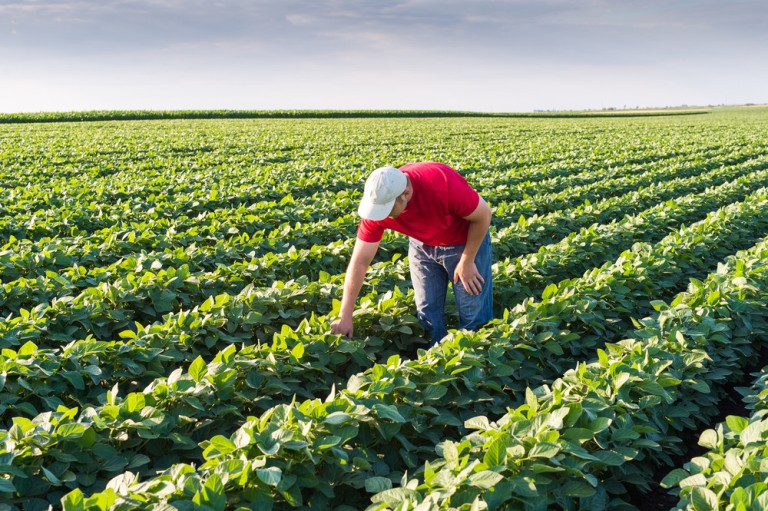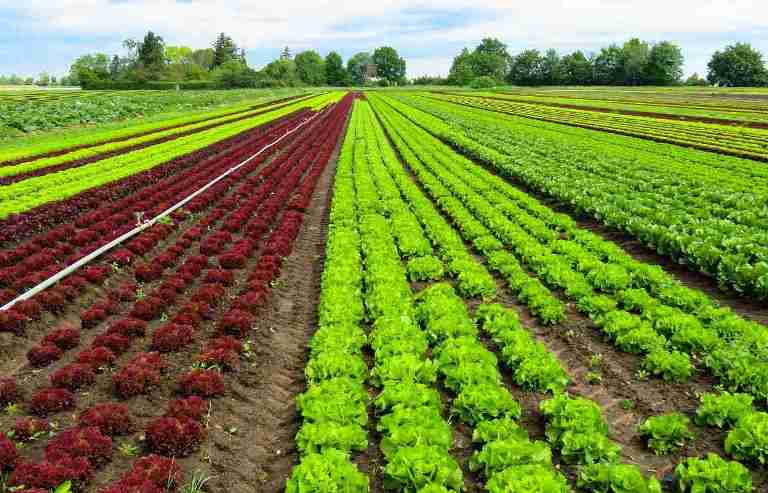Eco-farming refers to the growing of 100 % organic, i.e., chemical-free food in different ways without monocultures. This is done to nurture soil fertility by maintaining the right mix of various plant species with nitrogen fixers. It is done throughout the year to make more use of a versatile variety of trees and other endurable plant species. Eco-Farming is genuinely sustainable as it can recover the damaged and infertile soil that mostly surrounds half of the world’s land. It permits us to keep agriculture on its highest ends. By clicking here you can get in touch with various Eco-Farm and Landscaping Training Centers that can teach individuals how to landscape and farm with proper equipment and technique.
Methods and techniques used in Eco-farming & landscaping
- Contour Ploughing. This method prevents soil erosion like reduced crop productivity, worsened water quality, lower adequate reservoir water levels, flooding, and habitat destruction. It varies from terrace farming in the aspect of slopes that are widely cut steps.
- Drip Irrigation. Also known as Trickle irrigation or Micro-irrigation. In this, water is irrigated to the roots of the plants using dripping. For this, they use a network of valves, pipes, tubing, and emitters.
- No-Till Farming. Also known as Zero Tillage or Direct Drilling farming. This is the way of growing crops from year to year and without disturbing the soil. It increases the amount of water that penetrates the soil, enhancing the nutrient amount in the soil.

Virtues of Ecological farming
- It deals with the introduction of symbiotic species to the ecological sustainability of the farm. This reduces the ecological debt. Also, it eliminates the dead zones.
- Ecologically mushroomed food does not contain additives that are harmful to our health. Consuming these sustainable foods is also necessary to meet the nutrients requirements in one’s body.
- These foods are free from toxic waste like pesticides, insecticides, antibiotics, synthetic fertilizers, additives, and preservatives. These are used in conventional agriculture to prepare plants and to prevent them from insects.
- Eco-farming or organic farming, also called biological farming, have its own set of rules and standards. However, this kind of farming also turnouts to be economically beneficial.
- This way, we can relieve the environment from harm that is caused due to us only. Control over pests is so important as it is accumulating towards increasing land, air, and water pollution.
- It also benefits the wildlife as it reduces the pollution caused due to aerosols. In addition, it lessens the amount of carbon dioxide in the environment. This helps to prevent the greenhouse effect.
Ecological farming, as an inorganic system, safeguards the environment in various ways. The ecological farmers take various measures to reuse the waste left over.
Some of the ways discussed below are:
- The waste produced must be minimized.
- Recycling waste might be helpful in many ways.
- Planting plenty of vegetation around the crops to improve the bees’ activities and birds around it to nourish them.
Eco-Farm Training Center is helping to aware more and more people about organic farming.

